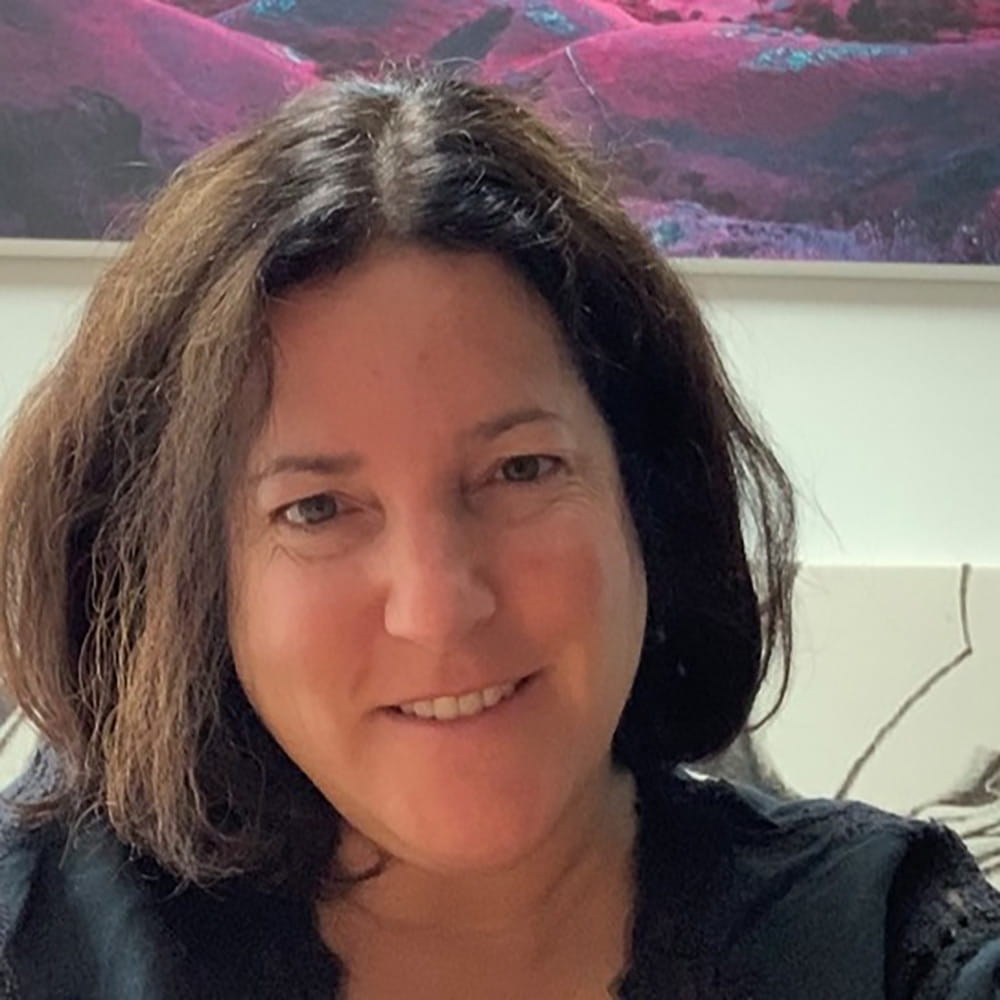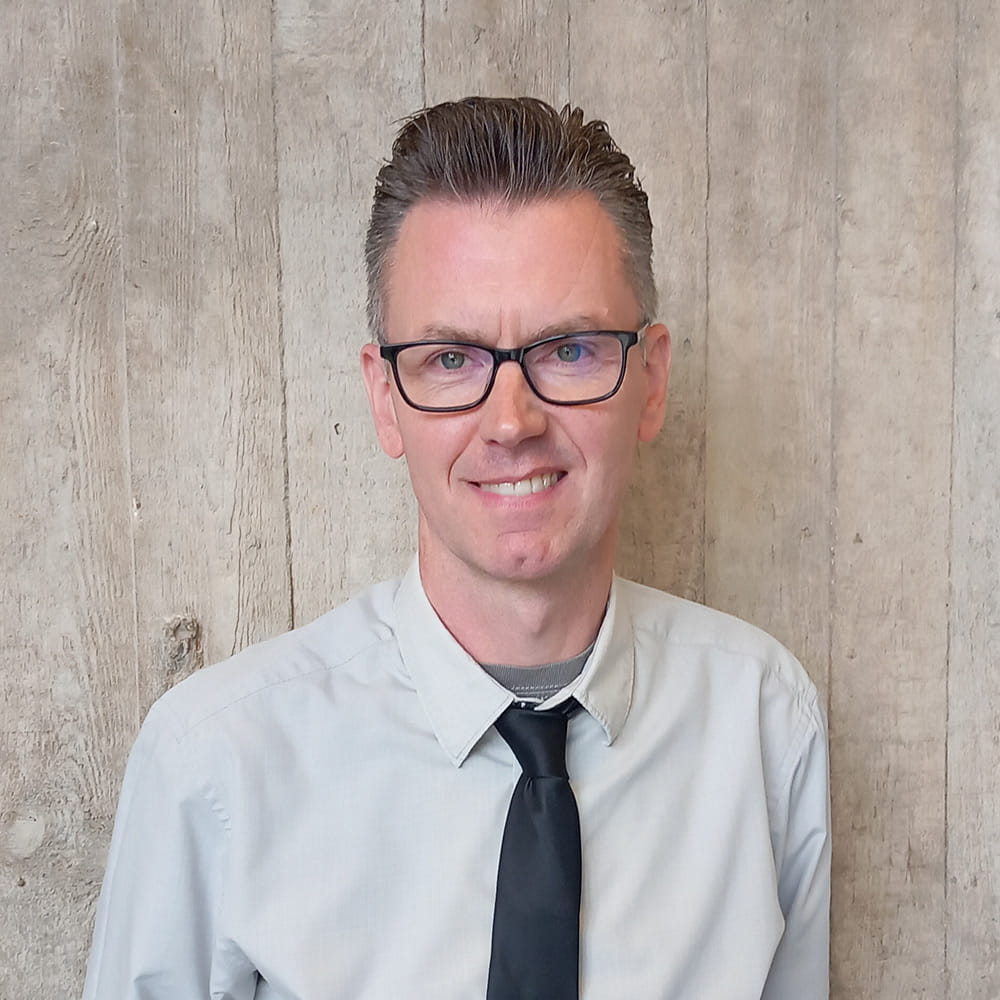Carla Ferstman: Q&A on Open Access publication

The Open Access Team from the University of Essex's Library Services spoke to Carla Ferstman, Professor at Essex Law School, about her major new monograph, Conceptualising Arbitrary Detention: Power, Punishment and Control (Bristol University Press, 2024).
Professor Ferstman chose to make use of the University’s Open Access Fund to ensure that her new book would be available without restriction to readers everywhere.
We recently spoke to Professor Ferstman about her new book, and why she chose to publish Open Access (OA).

"Open Access means my book can be read by, and provoke discussions and debates with, readers around the world.'' - Professor Carla Ferstman
First of all, congratulations on the publication of your new book! How does it feel to have it published?
I am delighted to see this book published. It was a long time in coming – and of course, as an author, once you manage to get the ideas down on paper you become incredibly impatient to see the finished product out in the world! But I am also pleased because the issues the book canvasses seem as relevant and pressing as ever.
Hopefully this book will provide some much-needed impetus to address the scourge of arbitrary detention. Whether it is persons involuntarily detained in psychiatric hospitals or drug treatment facilities, irregular migrants arbitrary detained simply for trying to escape conflict, insecurity, or extreme poverty, persons detained abroad as a form of leverage against their states of nationality, or human rights defenders detained by states as a means to stifle dissent, these arbitrary practices need to be exposed. And, we cannot forget the many detainees languishing in the US detention centre at Guantanamo Bay, Cuba, for close to a quarter of a century, many of whom have never even been charged with a crime. These are just a few examples I consider in the book, and there are many examples. They need as much exposure as possible. I will be glad if my book can contribute even in a small way to bringing these circumstances to light.
What prompted you to write this book now? Is arbitrary detention more widespread than we might imagine?
I have been wanting to write this book for a long time, so in this sense you could say the book has been percolating. It captures my experiences working in the cachots and prisons of Rwanda after the genocide in 1994, my many years leading the human rights organization REDRESS, which worked directly with survivors of torture and arbitrary detention around the world, and the work I have continued to do with civil society groups working on Iran and Libya and elsewhere.
The book takes inspiration from all the survivors of torture I have worked with, including Keith Carmichael (1934-2024), the founder of the NGO REDRESS who was arbitrarily detained and brutally tortured in Saudi Arabia in the 1980’s. Arbitrary detention was always widespread but what we are seeing now is at industrial scale. What is different and a theme which surfaces throughout the book is the way states are now resorting to arbitrary detention as a matter of policy. So arbitrariness becomes something that is planned and very intentional; this requires a reconsideration of the meaning of arbitrariness as it relates to detention.
Why was Open Access an important choice for you?
Open access was an obvious choice for this book. It meant that the book – which covers scenarios in all parts of the world – can be read by, and provoke discussions and debates with, readers around the world. It also helps increase access of the book to detainees and former detainees, civil society groups, policy actors, governments, doctors, lawyers and other professionals who are more likely to access an open access book.
How was the Open Access process for you? Do you feel it limited your choices or options in any way?
The process worked very well. I cannot see any downsides to publishing in this way.
How do you plan to take full advantage of Conceptualising Arbitrary Detention being Open Access?
I plan to disseminate the book through social media and other online networks. This will hopefully spark some debates and reflections on various topics covered in the book and ideally this would serve as a catalyst for collaborative strategies and programmes of work. I also hope to work with local, regional and international organisations and institutions who might find the book useful to explore how best to disseminate to and engage with staff.
What’s next for you? Do you have any new projects lined up?
The new project list is a bit daunting at the moment! I am currently finalising a Council of Europe Expert Council on NGO Law study on the criminalisation of NGOs supporting refugees and migrants. I also have some ongoing writing projects pertaining to Ukraine and am also deepening my work on the phenomenon of state-sponsored arbitrary detention as hostage-taking.
Conceptualising Arbitrary Detention: Power, Punishment and Control can be downloaded free of charge now.
The Open Access Fund
The University of Essex’s institutional Open Access Fund enables Essex authors to publish as much research as possible Open Access. If you want to explore Open Access options please start with our short enquiry forms: for books and chapters, and for articles.


.jpg)


